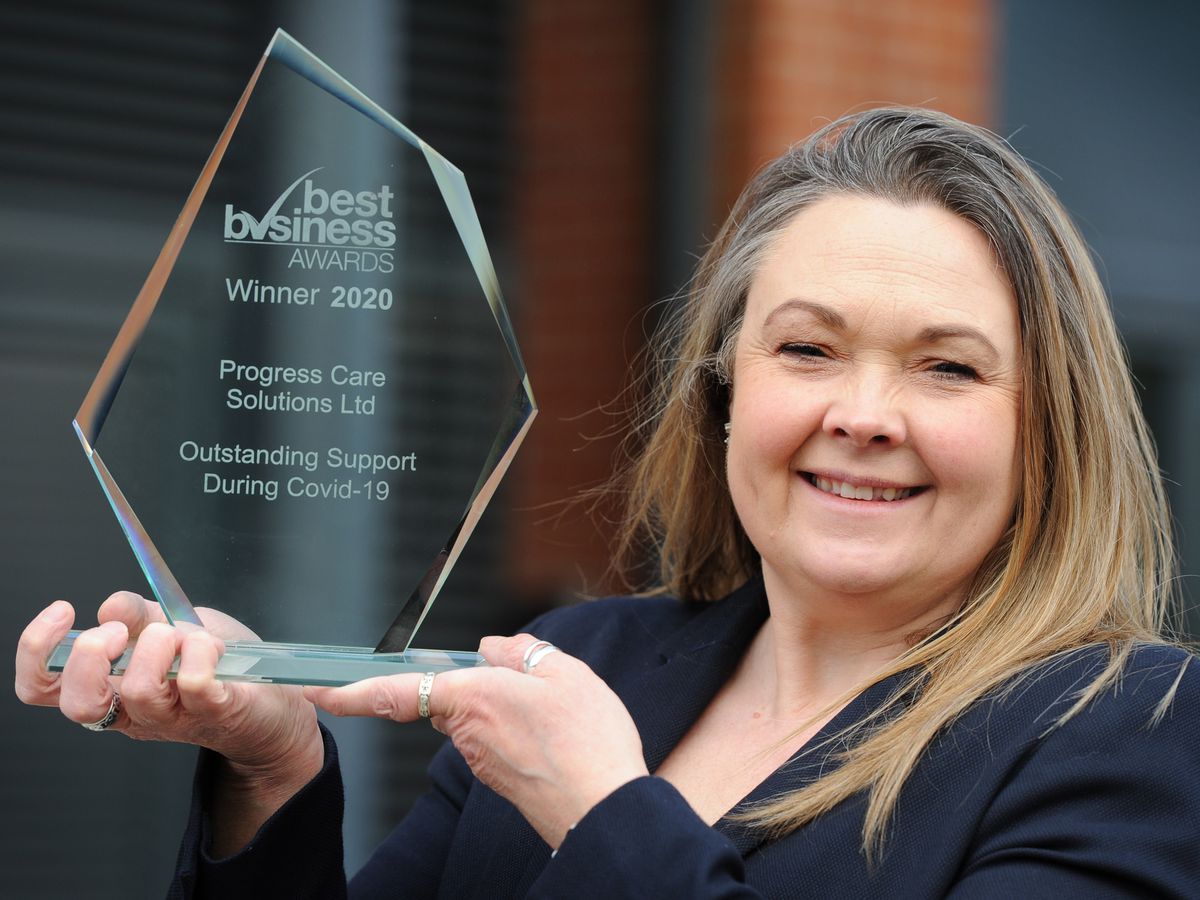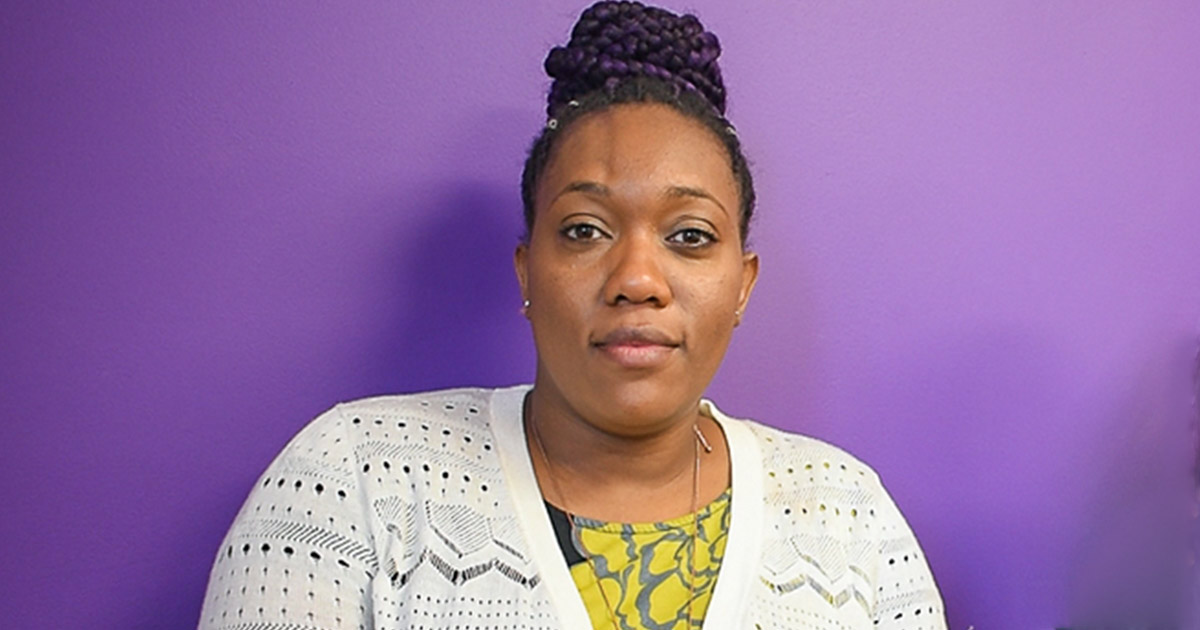One of the most frequently asked fostering questions is about the type of support a foster carer will receive.
As a foster carer, we want to ensure you are equipped to manage a child or young person’s behaviour.
Therefore, the Progress Skills to Foster training is our chance to prepare you for the challenges of fostering.
What is Skills to Foster?
Skills to Foster is a two-day mandatory training course that all new applicants must complete before becoming approved as a foster carer.
The course is a flexible resource tool and supports new applicants to:
- understand the different types of placements
- understand the child/young person journey through their eyes
- understand and manage their behaviours.
- learn the vital skills to meet the day to day needs of fostering.
The course also links into the Training, Support and Development Standards in England, other professional development qualifications, as well as our competency-based assessment process.
Skills to Foster is split into the following seven sessions:
Session 1: What do foster carers do?
This first session will give you an insight into your role as a foster carer and focus on why children/young people come into care, why foster care is needed and, how their early life experiences may have impacted their development.
You will also learn what a child or young person will need from you as their foster carer.
Session 2: Identity and life chances
This session addresses the different factors that shape our identity and the importance of identity to a child/young person in care.
Session 3: Working with others
In session three, we will introduce the Progress team. You will learn who will support you in the needs of the child/young person and how you will be working as part of a team and never in isolation.
Session 4: Understanding and caring for children
This session explores the learnt behaviours that the child/young person may exhibit. You will also understand the concept of attachment and the kinds of attachments children/young people in care may possess. These are key concepts to grasp, so you have a non-judgemental understanding of the different behaviours.
Session 5: Safer caring
This session covers safeguarding and delegated authority and exploring why children/young people in care are particularly vulnerable. The session will also equip you with the skills to assess risk competency, balance risk, and develop responsive and proportionate family safer caring plans.
Session 6: Transitions
Within session six, you will look at the importance of foster carers and their families, supporting a child when moving from one placement to another and young people’s transition to adulthood.
Session 7: My Family Fosters
This session provides specialist materials to use with your birth children to ensure that they feel supported and included within your fostering journey.
We support all out foster carers. To learn more about how we do this please click here
To begin your journey in becoming a foster carer contact us today














